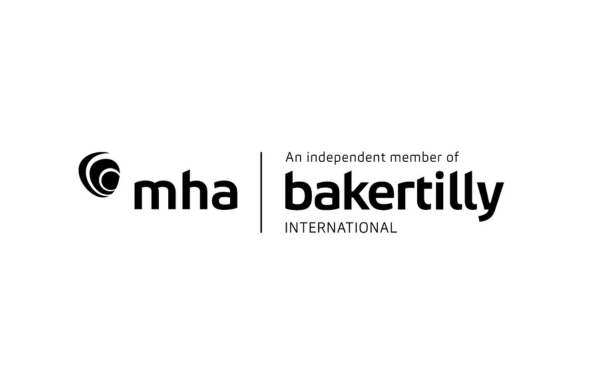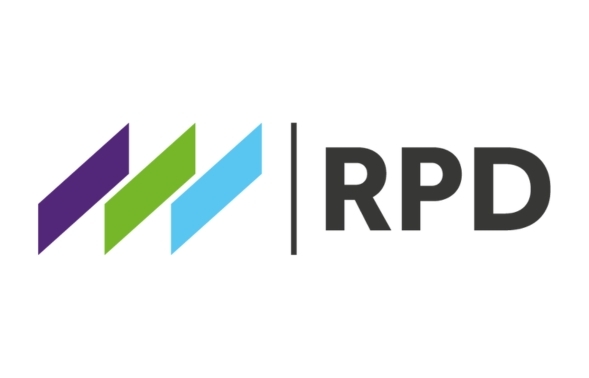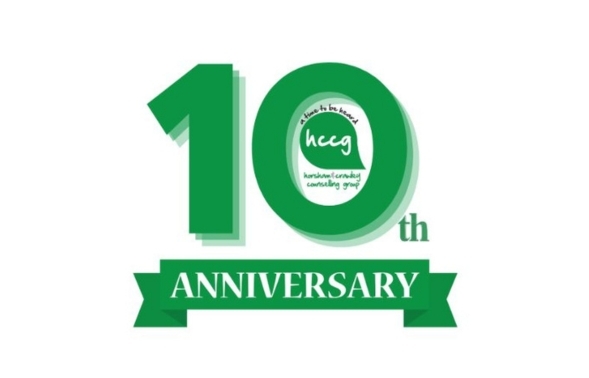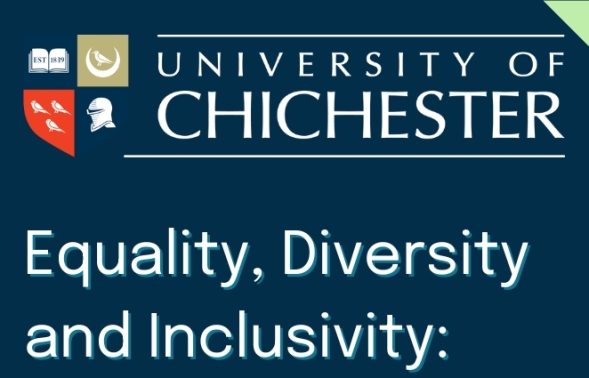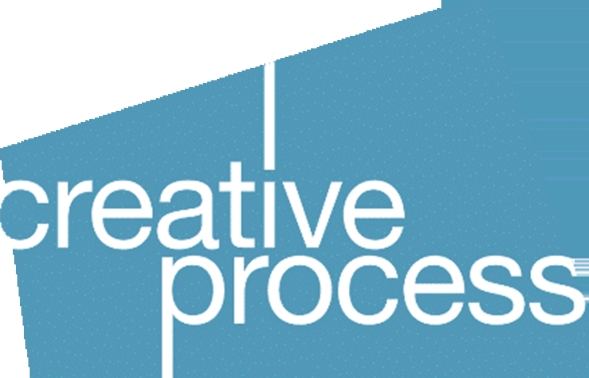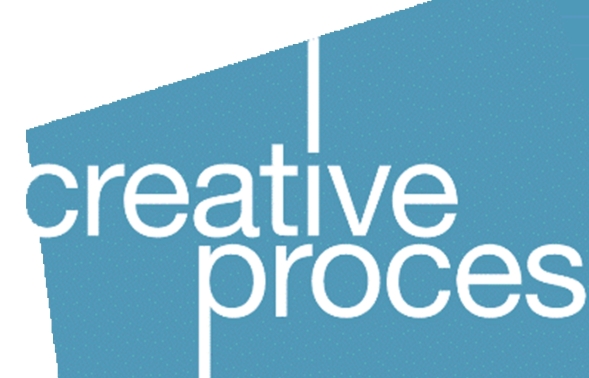From 1 April 2023corporation tax rates changed. They now depend on the level of profits arising in the year.
Companies whose profits do not exceed £50k will continue to be taxed at 19%. However, for companies whose annual profits exceed £250kthe tax rate will increase to 25% and those with profits in the range of£50k and £250k will pay a rate of between 19% and 25% (equal to an effective marginal rate on profit sarising in this band of 26.5%). The bands of £50,000 and £250,000 are reduced accordingly if a company has associated companies or if the accounting period is less than 12 months.
Therefore, it is more important than ever to monitor and reduce taxable profit where possible, but without incurring a high level of additional personal tax. Here are some reminders of how this can be done. We have also attached a copy of our small tax saving tips.
Pay yourself a salary:
Salary is a tax-deductible expense just like any other business expense. It reduces taxable profit and so saves the company from paying corporation tax of at least 19%.Whilst you may be liable for personal tax on the salary (if you have already utilised your personal allowance of £12,570), it is still a tax efficient way of extracting funds from the company up to a certain level.
From 2023/24 employees start to pay Employee NI on salary over£12,570. Therefore, the optimum salary will generally be £12,570 or £1,047.50per month. Whilst you will be liable to pay some Employer NI, this will be offset by corporation tax savings. If your profits are higher than £50,000 then the savings increase due to the extra saving of corporation tax. However, should you prefer not to pay any Employer NI, and assuming you do not qualify for claiming the employment allowance, then a salary of up to £9,100 should be paid.
Pay your spouse/children a salary:
Provided you can demonstrate that the family member is genuinely carrying out work for the business, you could consider paying them a small salary too. You would need to be clear about the working hours, rate of pay and duties to be performed. Whilst the minimum wage does not apply to children who live with you, this rate nevertheless serves as a good guide for the rate you might wish to pay. For children under16, you should be mindful that there are restrictions placed on the number of hours they are allowed to work each week. For employees under 21, no employer NI is payable on salary of up to £50,270, saving a potential 13.8%.
Make a pension contribution directly from the company into a personal pension plan:
Pension contributions paid directly by your company into a personal pension plan are allowable as a deduction for corporation tax purposes, without any restriction to the amount of salary you have paid yourself. This can make them a very tax efficient method of extracting funds from the company. However, you will need to have sufficient pension allowance available (please check this with your financial advisor before making any payment). The annual allowance increased from£40k to £60k in 2023/24.
We are not authorised to give advice on pension payments so please consult with an Independent Financial Advisor (IFA).
Working away from home - incidental expenses:
When you stay away overnight on business, you can claim the costs of the accommodation and subsistence. You may not be aware that you can also claim for personal incidental expenses to cover items such as toothpaste, laundry, newspapers, telephone calls to family etc.
HMRC allows £5 per night for overnight stays in the UK and £10 per night for overnight stays outside the UK. No receipts are required to make this claim, although you must have incurred the costs and be prepared to justify the amount claimed. The items should not be included in the hotel bill.
Electric cars
Electric cars currently enjoy a particularly favourable low benefit in kind rate of 2%. This has been frozen until 2025/26 when the rate will increase by 1% and then again by 1% in 2026/27 and 2027/28. This means that in2027/28 the taxable benefit will be 5% pa x the list price, which is still a lot less than on other cars where the top rate can be 37%.
New and unused cars with zero CO2 emissions attract a full100% first-year allowance, meaning that if the company purchases such a vehicle the cost can be used to set against company profits in the year of purchase. However, note that if the company sells the car back to you (for instance if you close the company), some of this allowance will be repayable.
Subscriptions and training
Generally, it is more tax efficient to pay for professional subscriptions from the company because they are paid out of pre-tax profit, whereas paying them from personal funds means they are paid from taxed income. Similarly, training undertaken that relates to the business and which enhances or improves existing skills (such as CPD), rather than acquiring new ones, can be paid by the company, or claimed from the company as a personal expense.
Capital equipment
Equipment used wholly and exclusively to assist you in your work can be claimed, and this includes anything you already own which can be sold to the company at its current market value. Such items might be printers, laptops, office desks etc. Minor personal use of the equipment is allowed but the main use must be for business, otherwise a benefit in kind will arise.
Please read on for further small tax saving tips.
Small tax saving tips
Here is a reminder of small tax savings you may wish to consider over the coming year. Whilst the individual savings may seem small, they can add up, especially if claimed every tax year and by each director (where permissible).
Staff parties
Your company can spend up to £150 per head per tax year on annual events that are available to all directors and employees. The event must be annual, for example Christmas party or summer lunch, and the cost must not exceed £150 per attendee. You can hold several events provided each one is an 'annual event' and all staff are invited. Spouses and partners can be included as attendees and therefore you can budget for £300 per couple within the concession. You should not exceed the limit of £150 per head otherwise the whole amount will be taxable as a benefit in kind.
HMRC guidance staff entertaining
Trivial benefits
A close company can pay trivial benefits to a director or employee, or a member of their family, up to a maximum of £300 per tax year per director/employee. Each benefit must cost no more than £50, must not be cash or exchangeable for cash, and must not be a reward for services or in any way obligatory. Note that if the benefit exceeds £50, the full amount is taxable, not just the excess over £50. This may not seem worth the effort but could save tax and NI of £167 pa for each director who is a higher rate taxpayer (assumes 6 benefits of £50 each paid).
Mobile Phone
If you arrange for your phone contract to be in the company name, rather than your personal name, then the company can pay for the full ongoing costs. No deduction required for personal use, although you need to be using the phone for business.
Eye test
If you regularly use a computer for business the company can pay for the cost of an annual eye test. Glasses that are prescribed specifically for VDU use, and which are not used for any other purpose, may also be claimed, or paid for by the company.
Annual medical check-up
The company can pay for the cost of one annual health check or screening for a director or employee per tax year.
Pension advice
The first £500 of the cost of seeking pension advice may be paid by or claimed from the company.
Marriage allowance
If you are married or in a civil partnership and your income falls within the basic rate band of £12,570 and £50,270,and your partners income is less than £12,570, then your partner may transfer up to £1,260 of their personal allowance to you, which is worth £252 in tax savings. The person with the lowest income should make the claim online. You can backdate a claim up to 4 years. Once a claim has been made it will automatically renew each tax year until either you cancel it, or the marriage ends. Those earning above £11,310 but below £12,570 can still transfer £1,260 of allowance but will themselves become liable to pay tax on the income over £11,310. The partner still makes a tax saving of £252, but any extra tax paid by them will reduce the overall savings made. HMRC guidance marriage allowance
Employment allowance
If most of your work is for Private Sector clients and you have two directors/employees each earning a salary of least £9,100,or one employee who earns at least £9,100, then you may be entitled to claim the Employment Allowance. If your only income during the year is under IR35 you cannot claim. This allowance gives relief for up to £5,000 of Employers NI due by the company. Blackman Terry can arrange to recover this for you. If you think you may be eligible and have not yet made a claim, please let us know. Note that you can make a claim for prior years in which you think you were eligible (up to 4 years after the end of the tax year in which the allowance applies). HMRC guidance employment allowance
Child benefit
If you or your partner are in receipt of child benefit you may wish to retain your taxable income below £50,000 if possible. This would avoid the child benefit tax charge which arises when one of you earns more than £50,000 (child benefit is completely withdrawn if either of you earn £60,000 or more). Taxable income is all salary, interest and dividends that are taxable less relevant deductions such as personal pension contributions and Gift Aid. HMRC guidance child benefit tax charge
Dividend allowance
An individual may receive dividend income of up to £1,000 tax free in 2023/24.
Staff training
Training that relates to the business being carried on, to enhance or improve your existing skills, can be paid for through the company. CPD courses would be applicable here. Any training that creates new skills, such as a degree course, would not generally be allowable so please check with us if you are unsure.
Small trading receipts
A few years ago, a new £1,000 allowance for small trading receipts and property income was introduced. The £1,000 applies to each type of income so you can potentially be exempt from paying tax on the first £2,000 of such income. Restrictions apply so please consult with your personal tax advisor or refer to the following for more information. HMRCguidance small trading receipts
For more information on any of the above please contact BlackmanTerry on 01444 882381 / enquiries@blackmanterry.co.uk
